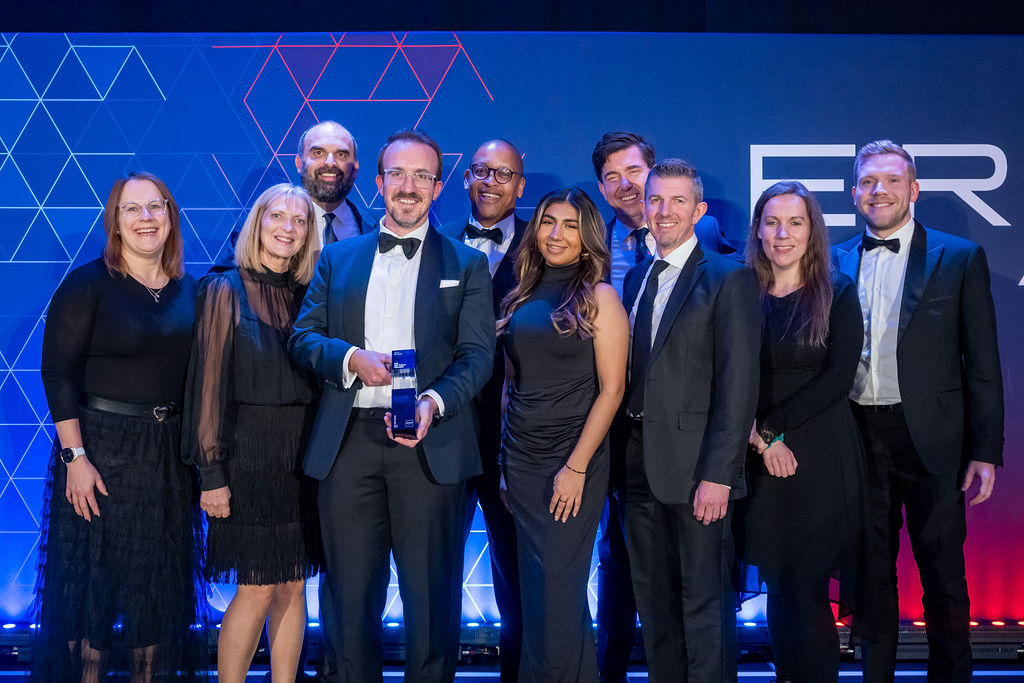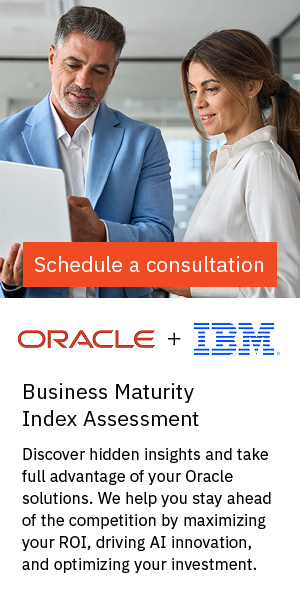Oracle’s CloudWorld tour recently took place in London’s east side, with the annual conference seeing Oracle UK sets out its stall and agenda for the year ahead as customers and partners convened in the ExCel London venue.
And what a lot of customers, proving once again Oracle’s broad reach in the ERP space. But as recent years have shown, the vendor giant is keen to stress quality over quantity in moving further from a sales-heavy stance to a more service-focused position. Isabel Obayda, senior consultant at Veran Performance, noticed the focus of the event on customer success and partner relationships, telling ERP Today that “the importance Oracle put on their relationship with partners and the firm belief that by investing energy in those connections, customers will benefit and succeed, was both inspiring and felt deeply supportive.”
Richard Pepper, president of the UK Oracle User Group (UKOUG), meanwhile shared his view with us that “times have changed at Oracle; there is a noticeable step change in customer focus and it’s really paying off.”
Sophie Cooke-Shaw, change partner at University of Cambridge and member of UKOUG added: “It was refreshing to hear about the increased focus on Customer Success throughout the day, starting with (Oracle executive vice president of Corporate Operations) Doug Kehring’s keynote, and the direct support available to customers as they navigate their ERP transformation.”
Kehring’s messaging was expounded later in the day by senior vice president EMEA applications customer officer and UK country leader Siobhan Wilson. Speaking with this title, the VP touched on areas such as GRC, the NHS and generative AI (GenAI) – find the key takeaways below.
GRC and payrolls
Of the many announcements coming out from CloudWorld London, one that went a little under the radar was the new inclusion of Oracle Payroll for Ireland within Oracle Fusion Cloud Human Capital Management (HCM). Commenting on the addition, Wilson told us: “We’ve had the UK Payroll for many, many years, and one of the biggest payrolls is the NHS. But we’ve never had that in Ireland, so now we’re moving into that market to be able to provide a payroll solution for Irish organizations to pay their employees.”

This naturally leads to commentary on all things Governance, Risk, and Compliance (GRC), with Wilson noting how countries like France – which Oracle doesn’t currently have a payroll for – being labor intensive due to its high number of labor laws.
The Oracle UK leader, pictured here, says the vendor has to follow government rules, naturally, pointing to Cyber Essentials in UK&I, a cybersecurity policy which Oracle adapted its solutions to adhere to.
“We do need to make sure we adhere to all the public sector rules as we have many public sector clients for which Oracle is a strategic supplier.”
Sustainability in the UK
Across the UK board, meanwhile, Wilson says a lot of customers are saying they need to report on sustainability – another key GRC theme – but the supply chain of reporting upon sustainability is no walk in the park.
The updates to Oracle’s ERP as announced at CloudWorld reflect this by helping end users to gather data on the sustainability on their company’s suppliers.
“A lot of customers were really struggling with that piece in gathering the data. It was very manual, and they were all saying ‘we need something to automate this because it’s really hard’. So that’s what we’ve done in Oracle ERP.”
HCM: centering on skills
Besides automation, something else that can help with data handling is having a decently trained workforce on hand. For Wilson, skills are defining HCM for Oracle UK (if not worldwide).
“Having data within the HCM system about skill sets, what [an employee’s] skill sets are – but also growing those skill sets. What are the training programs that could be identified and put into the system so that they could easily access that training?
“The biggest trend is around retention and helping employees develop their skills.”
Wilson sees the benefits of generative AI here, with employees bypassing Google and instead having all the info they need in their system.
“It’s all in the system so that will generate information for that employee to say, this skill set looks like something you might be interested in. So it’s pushing it to them as opposed to them having to go and find it.”
UKOUG’s Pepper underlines this later to ERP Today, commenting after CloudWorld: “The amount of innovation within existing Applications Unlimited and Technology and Fusion SaaS products is pretty impressive. I was impressed by just how much GenAI is already embedded into Oracle’s suite of products with much more to come.
“I was particularly impressed by developments in both HCM such as Career Paths and the Candidate Assistant, and also Supplier Recommendations and Guided Journeys’s extensibility frameworks and GenAI functionality within SCM. Quarterly releases of GenAI functionality within Fusion makes Oracle stand out amongst their peers.”
NHS and Oracle UK
Our conversation with Wilson wraps up with a look at the near future of the NHS, a major client of Oracle’s.
The exec believes the key to change lies within electronic health records, in which information becomes more readily available to clinicians.
“That will help us understand more around what proactive things we can do to help prevent [ill health]. That I think is the most important thing: prevention. That will be a game changer.”
Stay with ERP Today as we report soon upon April’s Oracle NetSuite event, SuiteConnect London.






